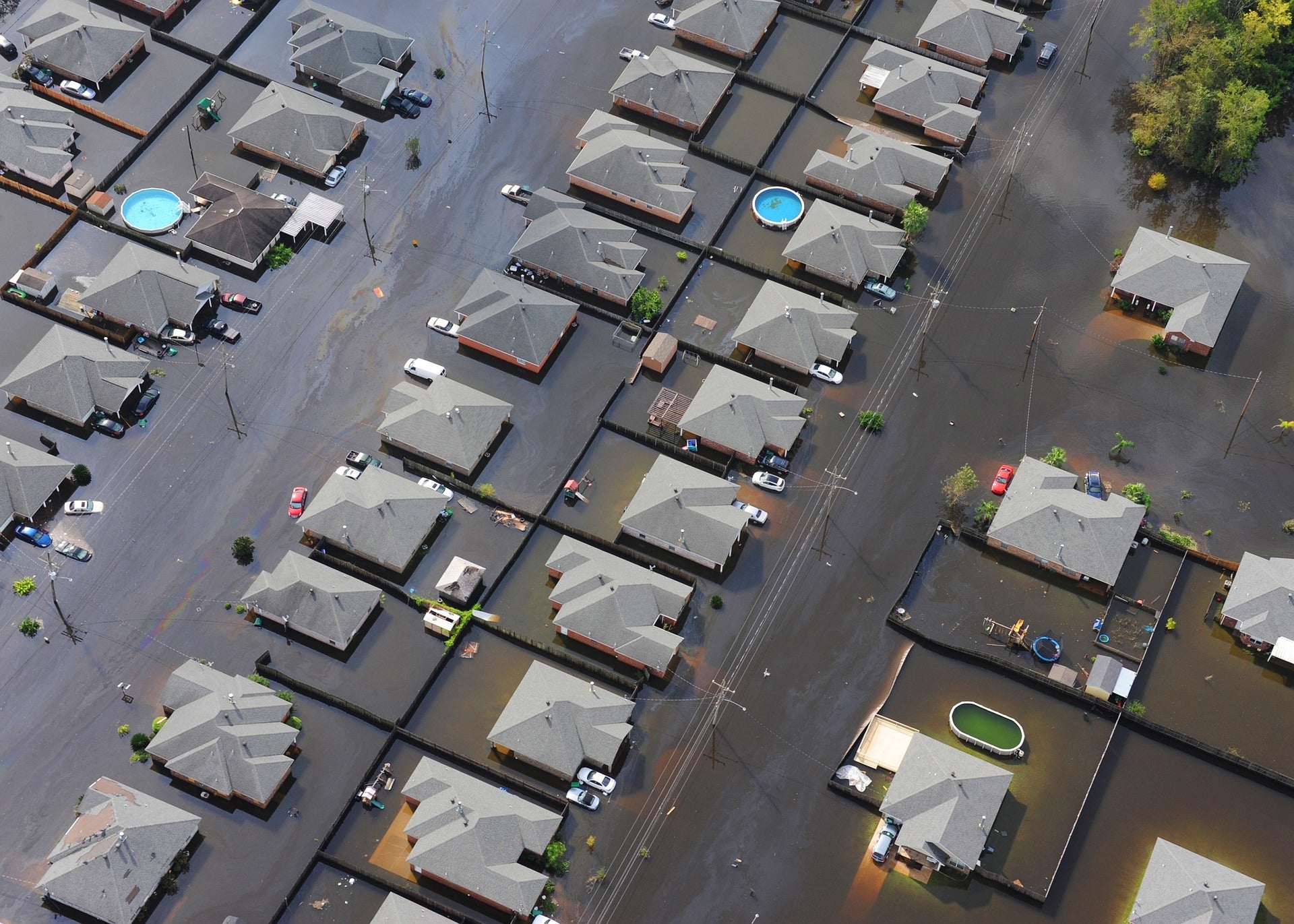September 13, 2017
<div>Extreme weather events are becoming increasingly common across the country. Here are 7 tips to protect your kidneys before, during and after an emergency.</div>
Extreme weather events are becoming more common across the country. During a natural disaster, such as a blizzard, earthquake, flood, or other unpredictable power blackout or emergency event, many of the basics we depend on daily may not function. Health care services, such as dialysis treatment, can also be disrupted. While the circumstances may be out of our control, it’s possible to be prepared for emergencies. Here are seven tips to protect your kidneys before, during and after an emergency.
Before
- Mind your meds and meals. Keep a current list of your medicines and dosages and carry it with you. If you are on dialysis, it’s good to keep a copy of your dialysis orders with you, as well. Since natural disasters may happen without warning, keep a two-week supply of medicines and some foods with a long shelf-life on hand at all times. We have a three day dialysis-friendly meal plan and grocery list to help. Remember to regularly check expiration dates and replace as needed. If you have diabetes, keep enough insulin and supplies on hand, including instant glucose tablets, sugar, hard candy, low-potassium fruit juices, or sugared soda. Don’t forget extra batteries for glucometers. If you are on peritoneal dialysis (PD), keep a five-day supply of the antibiotic that your healthcare practitioner orders for peritonitis. If a disaster occurs, it may be difficult to maintain a clean environment and your risk of peritonitis may be higher.
- Get your dialysis ducks in a row. Develop an emergency plan. Make sure you have the phone numbers for your nephrologist, dialysis facility, and caregiver handy and up-to-date. Also, be sure to write down the national KCER emergency helpline: 866-901-3773 and ask your dialysis unit for the number to your local ESRD network and any emergency numbers for your dialysis facility. Talk with the dialysis staff to find out what clinics are available in your area if you must evacuate or if your main dialysis center closes and you need to access care at an alternate facility. This way, if you can’t reach anyone by phone or internet during an emergency, you’ll know what to do. Have a plan “A, B and C” for transportation to get to treatment, remembering you may need to travel farther than your home clinic to receive treatment in an emergency. If you dialyze at home, keep a two-week stock of dialysis supplies at all times and register with your local water and power companies for priority restoration of service. Check expiration dates regularly and replace supplies when needed.
- Secure your emergency supplies. Keep the basics on hand at all times, including flashlights, first-aid kids, distilled water and extra batteries. Make sure battery sizes align with your flashlight needs since extra batteries that are the wrong size will be of no help in an emergency. Consider also purchasing a battery-powered AM/FM radio and find out what the emergency broadcast radio station is in your area. This will give you up-to-date information on current conditions and emergency information, even if you have no electricity or phone service. Consider purchasing disposable plates and utensils since you may not be able to wash dishes if you have no running water.
During
- Follow dialysis protocols. In a large-scale disaster, you may not be able to get to a dialysis unit for a period of time. By using an emergency diet, you can manage without dialysis for a few days. If you lose power while dialyzing, follow the directions and emergency procedures for discontinuing dialysis and getting off the dialysis machine safely if no one is available to assist you. Make sure your healthcare team teaches you the protocol.
- Remember the order of operations. Eat refrigerated foods first. Food in your refrigerator will keep safely for up to 12 hours and in the freezer for one to two days, if these appliances are opened only when meals are prepared. It is best to eat the foods from your refrigerator and freezer first before using your shelf-stable foods. Food preparation is difficult without power and water, so have ready-to-eat foods on hand. Remember that canned foods are often high in sodium, so check labels for sodium and potassium content. Always be careful when eating perishable foods to avoid food poisoning. After a jar or can is opened, discard it if unrefrigerated for longer than four hours.
- Try to phone (or text) a friend. You may not be able to make telephone calls in your immediate area, but may still be able to place calls to another area to check in with friends and relatives and let them know about your situation. Although cell phones can lose signal during emergency situations, pay phones often still work, as do landline phones. Text messages may still work even when cell signals are too weak to make calls. Keep an emergency contact list handy at all times.
After
- Be patient and shift into damage control mode. It may take time for dialysis clinics to get patients back on their regular schedules. Try to be flexible in order to get your dialysis as soon as possible. You may need to dialyze at an alternate clinic for a period of time if your clinic was severely damaged. If you live in an area that was particularly hard hit, crisis hotlines, and emergency services or supplies may be set up to support you. Check with your local news and community after you resume power/phone.
For more information about emergency preparedness and protecting your kidneys, visit https://www.kidney.org/help.


















